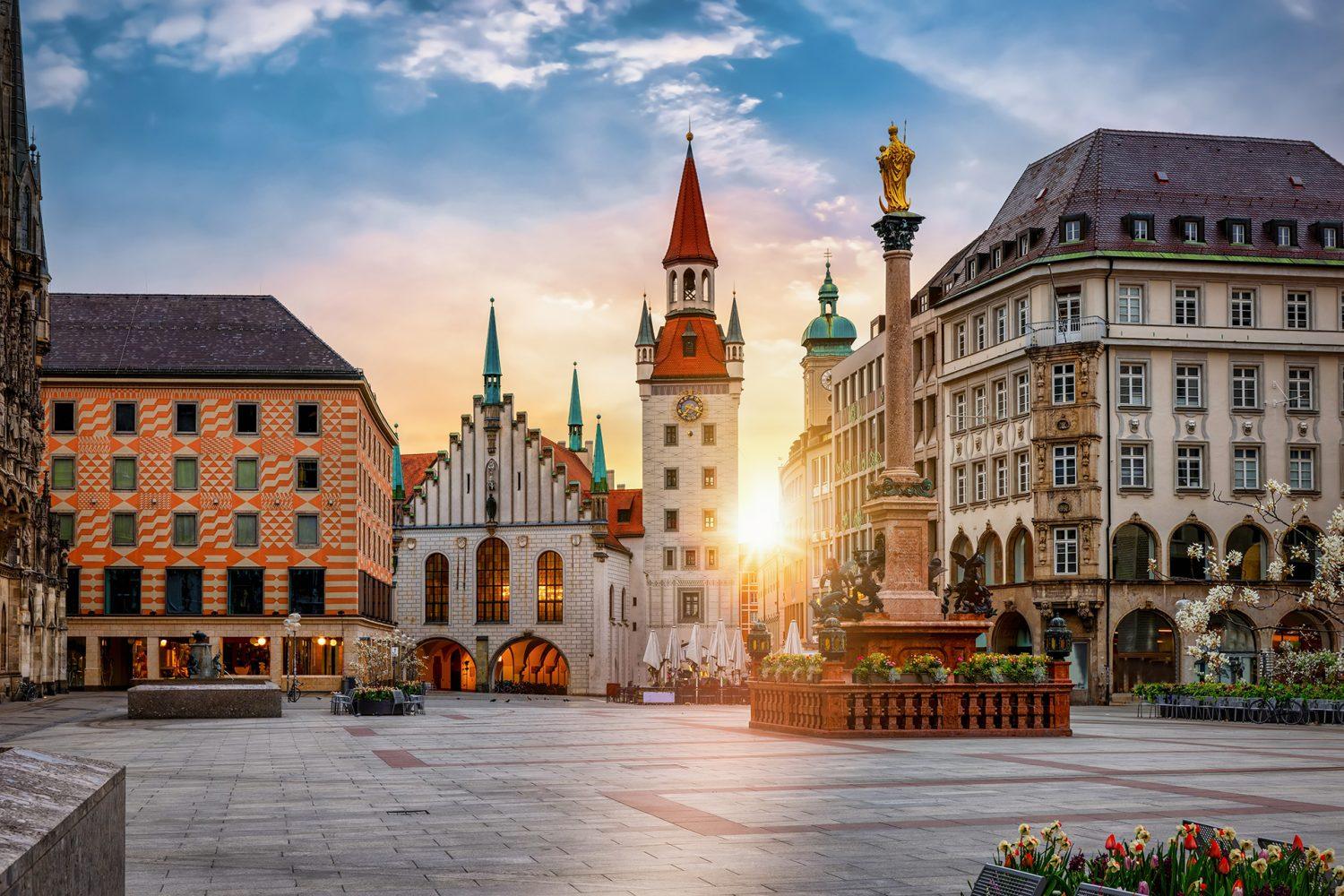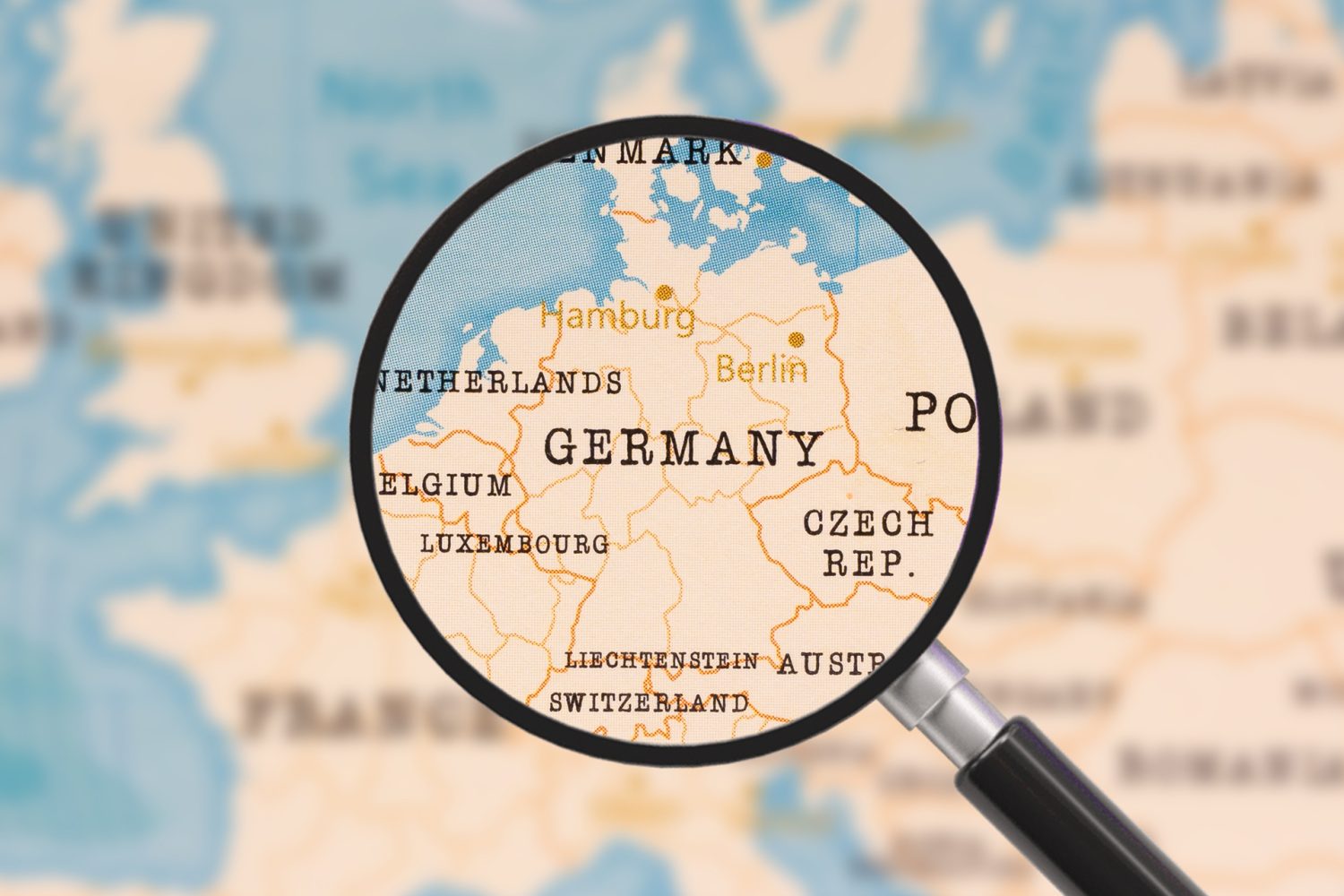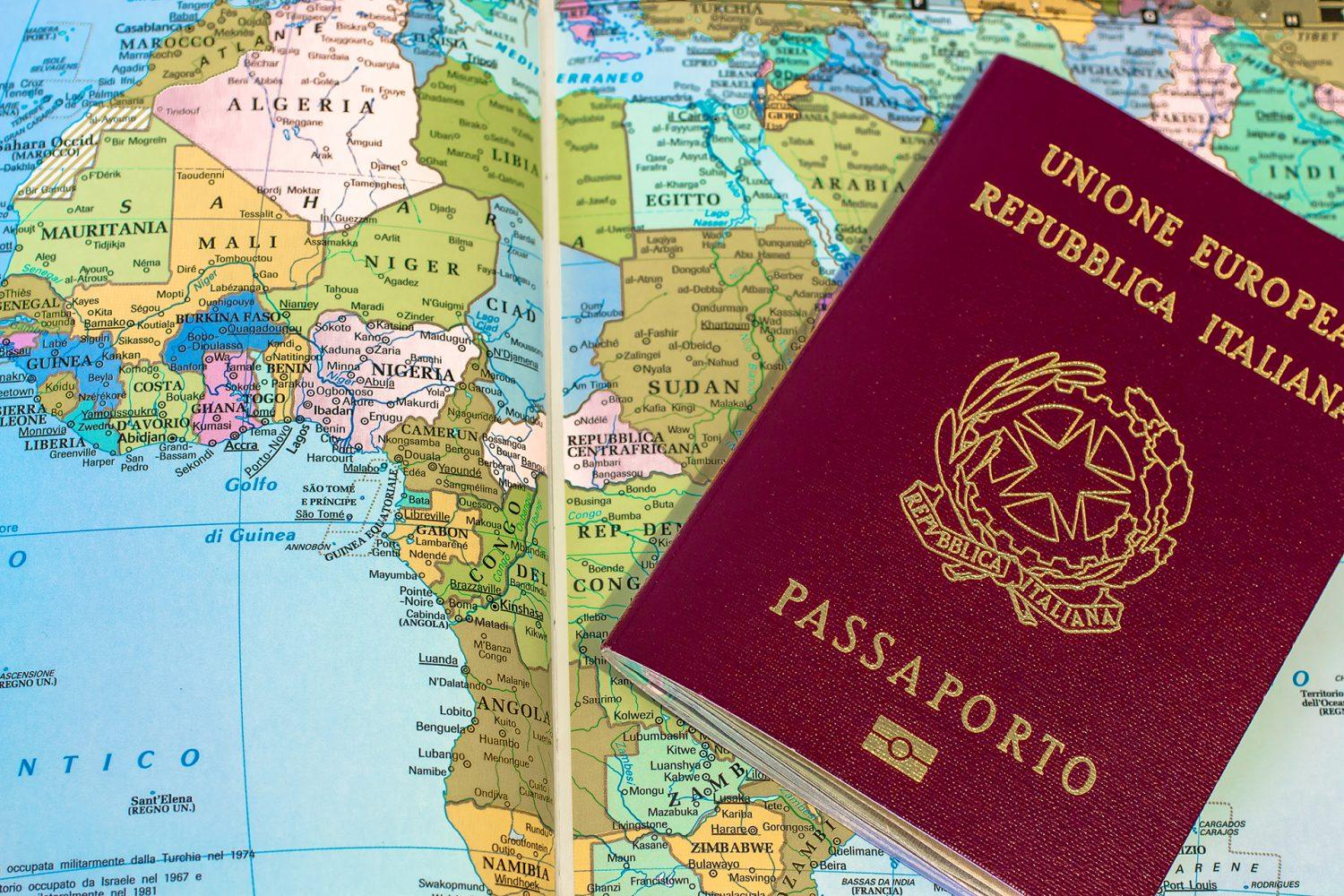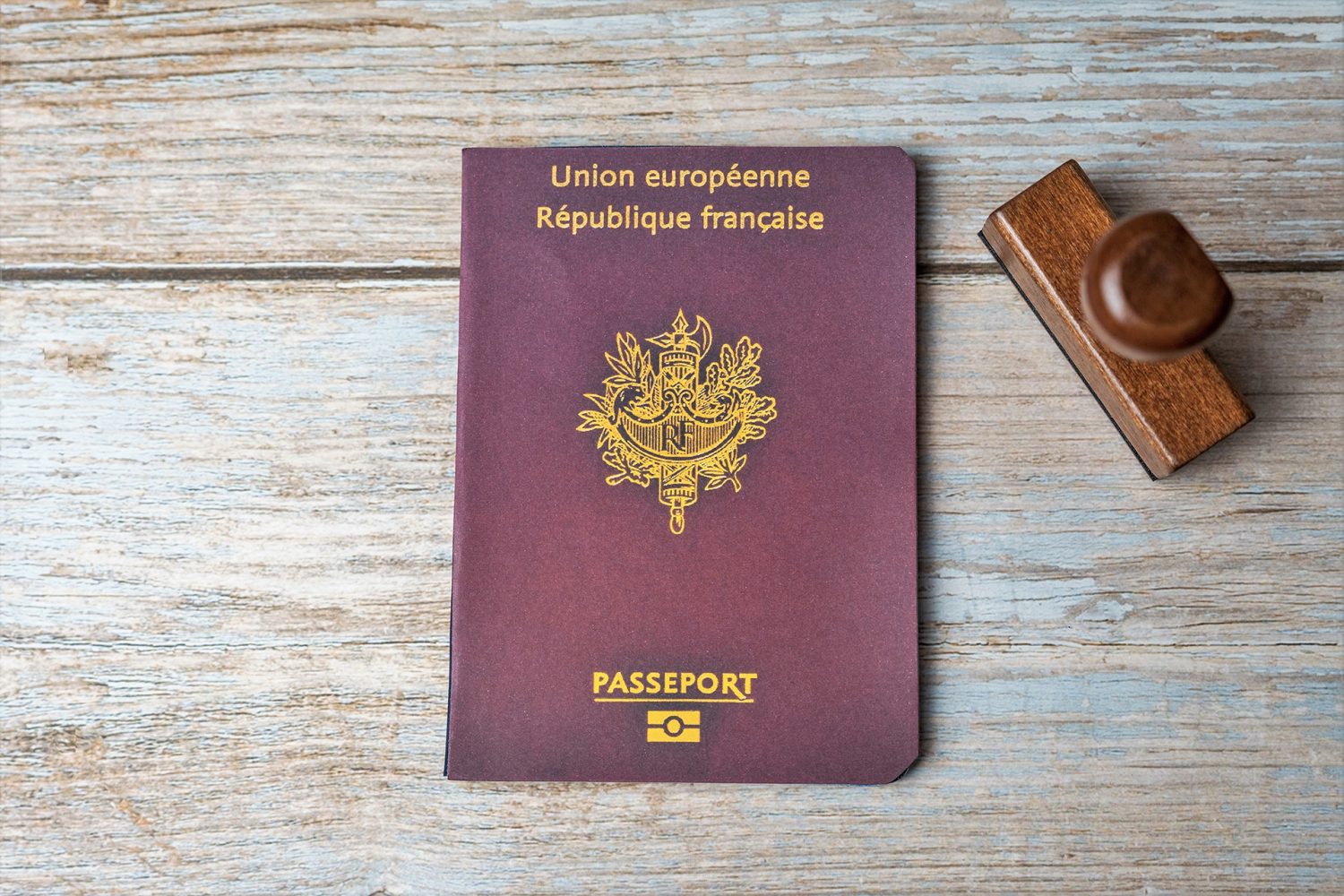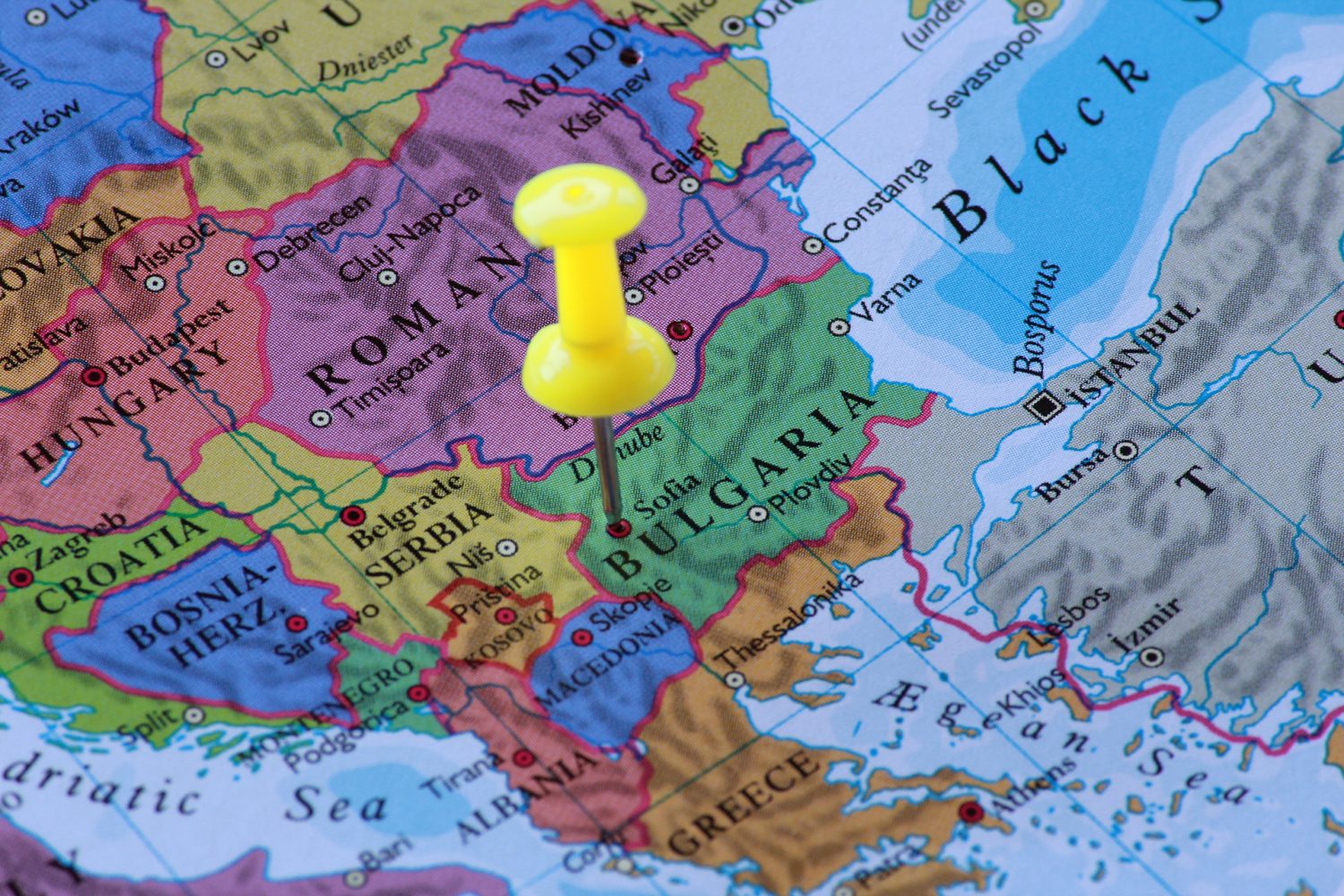
Diana Weber
Lawyer of international law
Rating:
24
April
Immigration to Germany for Permanent Residence
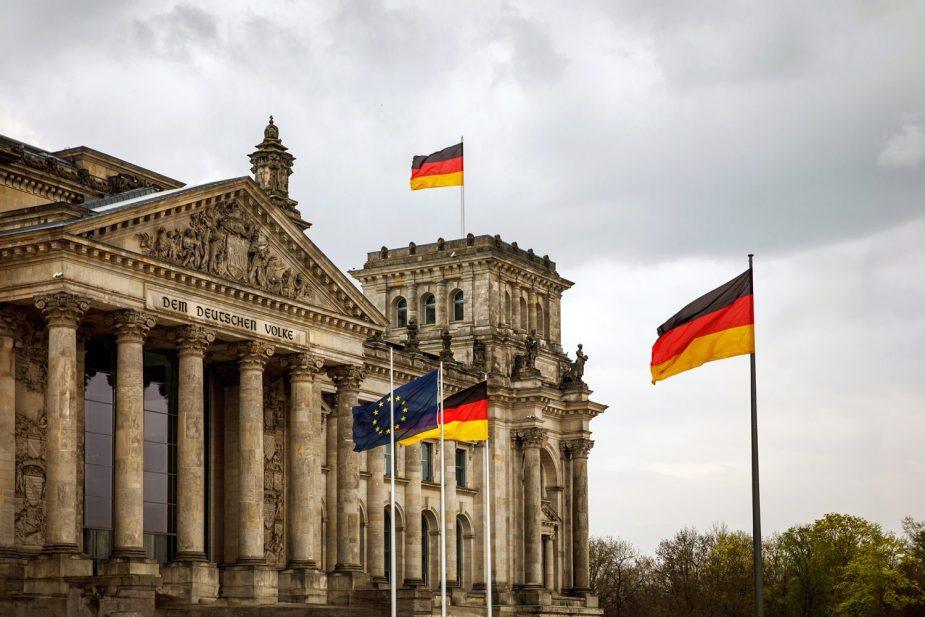
Permanent residence in Germany is a document for permanent living in the country, which is provided to immigrants after fulfilling the norms for preliminary stay and accompanying requirements. The applicant first moves to the country with a residence of the immigration type (for example, family, work, student or entrepreneurial), reissues a residence permit until the census of sedentary life is observed, after which he can request a long-term resident card.
The status of a permanent resident of the Federal Republic of Germany (FRG) in fact equates the owner in rights to local citizens, but without the possibility of participating in the state electoral process. In the future, the owner of a permanent residence permit can issue a German passport, also having fulfilled the norms for living and additional conditions. Germany is an EU country, so permanent residents of the state can travel to the Schengen area and the European Union without a visa, claim a similar status in other territories of the union.
In 2026 a citizen of any of the European Union countries has the right to obtain a permanent place of residence in Germany without additional requirements. For many applicants, the opportunity to issue a second passport of an EU country within a year without studying a foreign language and demonstrating income level is relevant. Detailed information is provided by migration specialists Immigrantinlaw at a free consultation.
The status of a permanent resident of the FRG is provided to the applicant indefinitely, unlike a residence permit, which requires regular renewal. The owner reissues only the permanent residence card itself, going through a simple documentary procedure without fulfilling any requirements and conditions. The presence of a permit for permanent residence is mandatory when subsequently obtaining German citizenship. Permanent residence in Germany gives a foreigner unlimited access to the local labor market and education, which is not always the case with the status of a temporary resident.
A permanent resident of the FRG receives the following advantages:
Submit an application form and we'll get back to you!
The norms for granting resident status in Germany are regulated by the law “On the stay, employment and integration of foreigners in the federal territory” dated July 30, 2004. For the subsequent acquisition of a permanent residence permit, an immigrant should open a local residence permit, which can be reissued and taken into account in the census of sedentary life. Suitable residence permits are provided to foreigners for work, study, family and humanitarian circumstances, as well as to commercial workers, scientific employees and highly qualified specialists.
Permanent residents of the FRG also have the rights of holders of passports of other European Union countries. Obtaining a second citizenship of an EU country simplifies moving to Germany. Immigrantinlaw specialists in jurisprudence conduct a detailed analysis of the pedigree of applicants and select the optimal immigration programs on an individual basis. Details at the consultation.
Get more information about the peculiarities of immigration to the EU at a free consultation
The basic conditions for obtaining a permanent residence permit in Germany are:
The census of sedentary life is reduced for holders of the Blue EU card. Applicants can request a permanent residence permit in Germany 21–33 months after moving, depending on the level of proficiency in the state language. Also, the term of preliminary residence is reduced to 3 years for recognized refugees and spouses of local permanent residents.
Husbands and wives of Germans have the right to immediately issue German citizenship 36 months after moving, if the marriage was concluded at least 2 years ago. Also, a German passport is acquired by late resettlers and Jews, who do not need to first obtain a permanent place of residence in the state for this.
To obtain permanent residence in Germany, an immigrant should prepare such a dossier:
Documents must be submitted to the representative office of the State Immigration Administration of the FRG. The applicant can send the dossier in advance in electronic form, after which he will receive a response with an invitation to submit a petition on a certain day. Documents issued abroad should be translated into German and notarized.
International law specialists Immigrantinlaw help with the correct preparation of the dossier for submission to the migration authorities of the FRG. The assigned lawyer forms the dossier, organizes the translation and certification of documents, checks them for compliance with the required norms.
The status of a permanent resident is not granted to applicants who have cases of law violation in their biography or those who are suspected of illegal actions threatening federal security. The petition is rejected in case of full or partial non-compliance with legal requirements. Most often, foreigners who submit an incomplete or incorrectly compiled dossier or provide false information about themselves are refused. You can increase the chances of approving a request by contacting professional lawyers Immigrantinlaw.
A permanent resident of the FRG has the right to:
A permanent resident of Germany is obliged to comply with the norms of local legislation, including the payment of taxes and support of social insurance.
Submit an application form and we'll get back to you!
In the absence of a legal basis for being in the FRG, for example, after the expiration of the visa or residence permit, a foreign citizen must immediately leave the state territory. If the departure is not made voluntarily, the migrant is subject to deportation at his own expense. Expulsion from the country is usually accompanied by a ban on re-entry and stay in Germany, as well as in other territories of the European Union and the Schengen area for 5–10 years. In addition, the foreigner may be subject to fines, the amount of which is determined individually by migration authorities.
Immigrants who have moved to Germany inform in their reviews about complex bureaucratic procedures in the country. The German government puts forward serious requirements for those wishing to naturalize, including permanent employment with payment of taxes to the local treasury and studying the state language at a level not lower than average. Also, foreigners note the duration of consideration of each of the petitions for opening and reissuing a residence permit, the need to collect many documents from different instances.
An alternative way to move to Germany for permanent residence is by obtaining a passport of another European Union country. According to immigrant reviews, such a procedure takes a year and does not require special efforts, financial security, or thorough study of foreign languages from the applicant. Many foreigners get a second passport in Slovenia, Romania, or Bulgaria with the assistance of professionals in jurisprudence Immigrantinlaw, after which they legally move to Germany without additional requirements.
In 2025, three main updates affect the pathway to permanent residence in Germany (Niederlassungserlaubnis / Erlaubnis zum Daueraufenthalt-EU): new salary thresholds for the EU Blue Card, the launch and practical rollout of the Chancenkarte (Opportunity Card), and clarifications regarding timelines and criteria for obtaining permanent residence.
How to Get Сitizenship of Germany
15 April
German citizenship is a legal status of a physical person, confirming his stable mutual relationship with the state, which is...
Obtaining Greek Residence Permit for Foreigners
27 January
A residence permit in Greece is a temporary resident document with which you can usually stay in the country for...
How to Get Citizenship of Italy
18 November
Italian citizenship is a status whereby a person is recognized as having full national and political rights. Its automatic acquisition...
Obtaining a Residence Permit in the Netherlands: A Guide for Immigrants
21 March
A residence permit in the Netherlands (Holland) is a document with which a foreigner can legally stay in the country...
How to Get Citizenship of France
6 December
French citizenship is the legal relationship between you and the country. This status endows you with a certain list of...
Immigration to Bulgaria for Permanent Residence
15 February
Permanent residence in Bulgaria is a status that grants the right to permanent residence, which can be obtained after 5...
Discover
new opportunities
with a European Union passport!
Submit the application form and we will call you back!
Leave a request
Contacts

